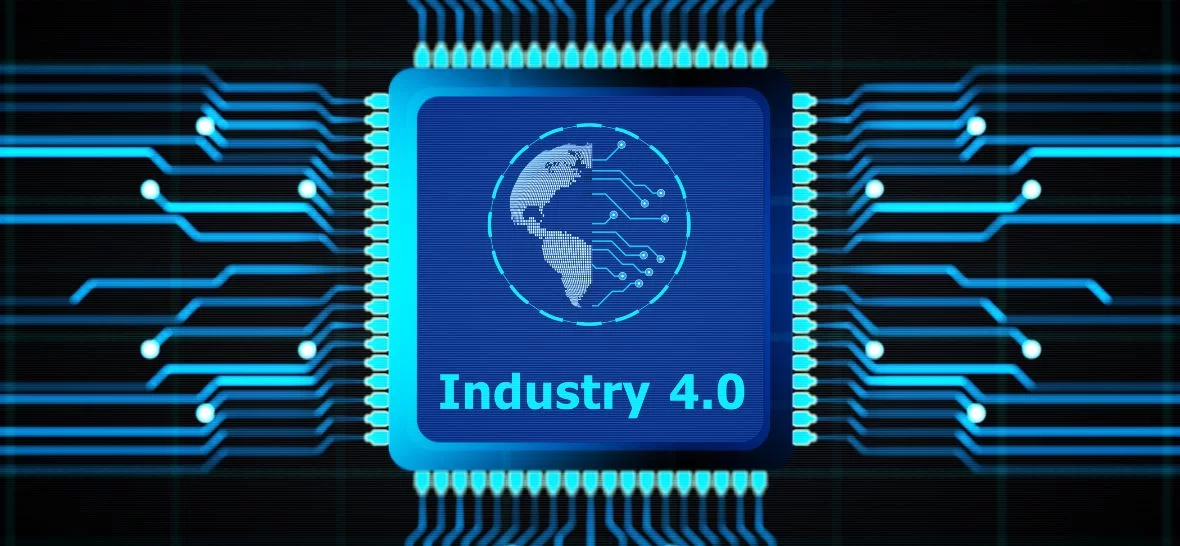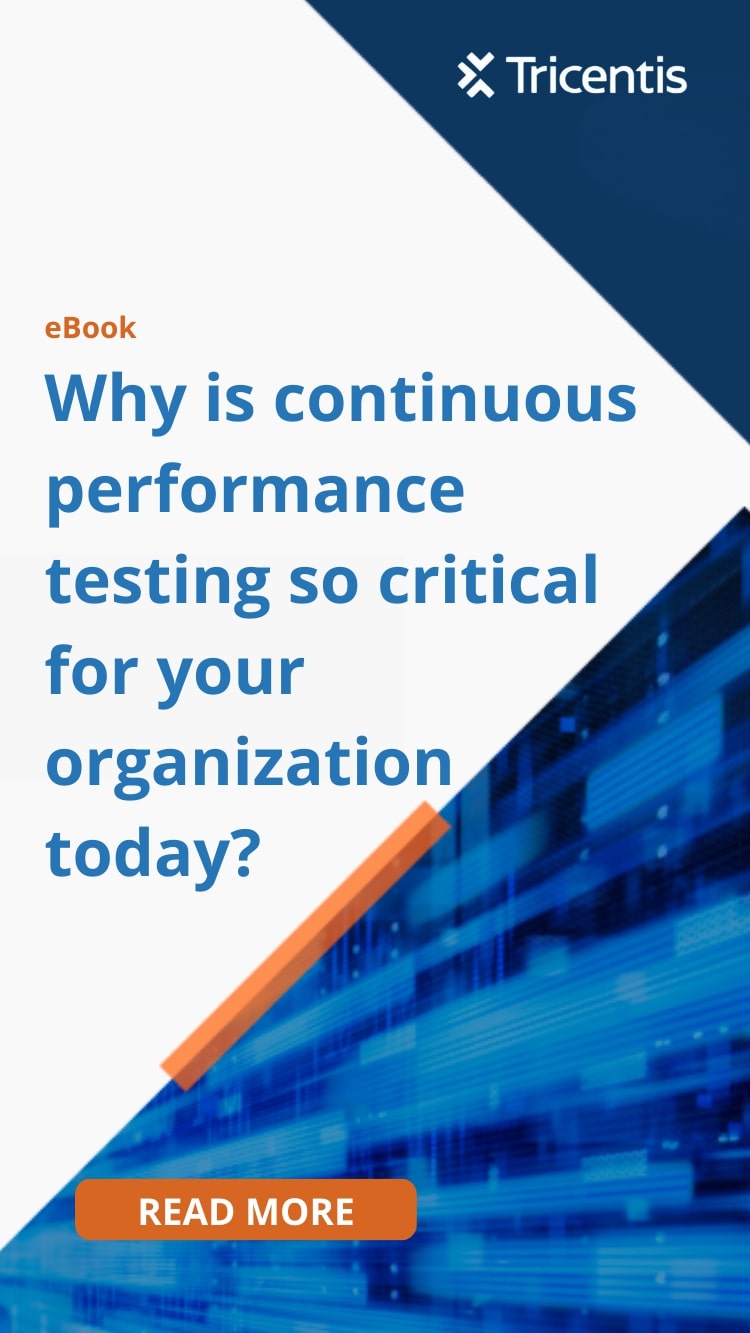Industry 4.0 is disrupting business big time globally. This transformative wave spreads digitisation and brings automation to the mainstream.
For enterprises, digital transformation is no longer optional. Unless they become Industry 4.0 compliant, they will become obsolete. Customers, business partners and even employees will shun them.
Industry 4.0 surfaces powerful technologies such as Artificial Intelligence, IoT, Big Data and the cloud. Enterprises need platforms that integrate these technologies into business processes. Among the top platforms enterprises can use is SAP.
Ensuring seamless data flows
Industry 4.0 runs on hyper-connected intelligence, where data fuels decision-making. The basic prerequisites for success are real-time data integration and seamless collaboration.
Most enterprises have multiple information repositories. Also, in today’s age of spread-out networks, valuable information may reside outside the enterprise. And within the enterprise, many repositories are inaccessible department-based silos. Any data-driven process remains half-baked if it cannot access information from all these sources.
SAP’s integrated platform connects various enterprise functions. The ERP suite, for instance, connects sales, finance, HR, and production. A central data lake repository accommodates all enterprise data, both structured and unstructured. SAP’s integration suite uses APIs to connect internal and external data sources. SAP information steward software supports data profiling. It ensures data quality and makes data accessible for analysis. Enterprise users can easily quantify the impact of data on their business processes.
SAP’s business intelligence and analytics solutions offer easy-to-understand dashboards and reports. Unified views pave the way for faster and more informed decision-making. Users get ready access to contextual information without relying on the IT middlemen.
SAP turns raw data into actionable insights by contextualising machine, sensor, and device data. SAP’s Leonardo IoT solution, a collection of services, apps and UI templates, allows modelling digital twins. These AI-powered insights uncover hidden patterns. It can, for instance, predict customer churn and inventory gaps. Business managers can use such insights to take proactive countermeasures.
SAP technologies further Industry 4.0 in four broad areas: enabling intelligent products, intelligent factories, intelligent assets, and empowering people.

Intelligent products
Today, customers demand customised, sustainable, high-quality products. And then want it fast. SAP enables companies to build and configure intelligent products that meet customer specifications. It also enables monitoring such products for maximised performance over time.
SAP enables rent-based business models, where the manufacturer owns and maintains the asset. Customers do not have to invest upfront capital. Rather, they pay for usage, uptime, or other quantifiable metrics and have service-level agreements. These intelligent products co-opt built-in sensors and share performance-related information in real time. Business analysts can decipher product usage patterns and customise the offerings.
Intelligent factories
Today, manufacturers no longer focus on maximising capacity. Rather, they seek agility to respond quickly to customer needs while controlling quality and costs. Intelligent factories combine real-time data and AI to achieve such ends.
Flexible manufacturing strategies involve scaling lot or batch sizes to increase product variety. Success depends on keeping costs low and ensuring fast processing. Intelligent factories enable flexible manufacturing by supporting different production scenarios. It makes operations elastic. The business can manage variable production configurations and demand volume with ease.
SAP facilitates responsive manufacturing. The SAP digital manufacturing cloud solution enables the automated setup of tools when a new production order comes in. Being able to configure the production line for new products quickly improves enterprise agility and resilience in a big way.
Intelligent assets
Industry 4.0 envisages intelligent factories with high automation and connected processes. The success of such intelligent factories depends on the high performance of machines and equipment.
In a conventional factory setup, there is no way to identify asset health, and downtimes become common. Intelligent factories deploy IoT sensors that “listen” to the assets and collect live data. Integrated analytical tools derive contextual insights from such data. AI algorithms analyse sensor data to uncover inefficiencies and suggest improvements. It tracks performance parameters to identify if anything is off the baselines. Historical data gives insight into the root cause of failures. Such data-driven processes enable rapid response to disruptions and facilitate predictive maintenance.
SAP IoT application enablement toolkit enables taking relevant actions. The maintenance team can, for instance, order parts in advance. Fixing the issue becomes easier and less time-consuming.
Such end-to-end predictive maintenance solution reduces downtime and improves delivery times. In turn, customer satisfaction improves.
Empowered people
Smart manufacturing and intelligence automation do not work without an empowered workforce.
Thinking that automation will automation will eliminate people is a fallacy. Automation will always need people. Only the role of operators changes. Human operators in Industry 4.0 will no longer make constant manual intervention. They would rather do more monitoring and exception handling. These new job descriptions are more
intellectually demanding and require a change in skill sets. They need skill sets to tackle unforeseen situations and make ad-hoc decisions in near real-time. Success in such a changed reality depends on access to real-time information and the right tools. Operators and maintenance technicians must know what is happening on the shop floor to respond promptly.
SAP Conversational AI service offers digital assistants that consolidate myriad SAP applications. Users get an easy-to-understand and attractive graphical interface. The service offers contextual data, which combines corporate business data, asset usage data, and live sensor data. Integrating machine learning, predictive analytics, and cloud technologies enables real-time informed decision-making. Users can interact in conversational, natural language.
Conventional digitisation focuses on factory-based initiatives. SAP’s suite of products combines manufacturing automation with enterprise business execution. Such an approach elevates digitisation to a company-wide business strategy.
Innovation boost
Innovation is the key differentiator in Industry 4.0. In a digital age, everyone can access the same technology and glean insights from data. Competitive differentiation lies in the ability to innovate and deliver better value. SAP’s open platform and developer tools empower businesses to leverage leading-edge technologies. Companies that leverage these tools can achieve continuous innovation and differentiation.
Conclusion
SAP enables businesses to turn Industry 4.0 challenges into opportunities. SAP empower enterprises to articulate a forward-thinking vision that places them at the forefront of the digital revolution.












